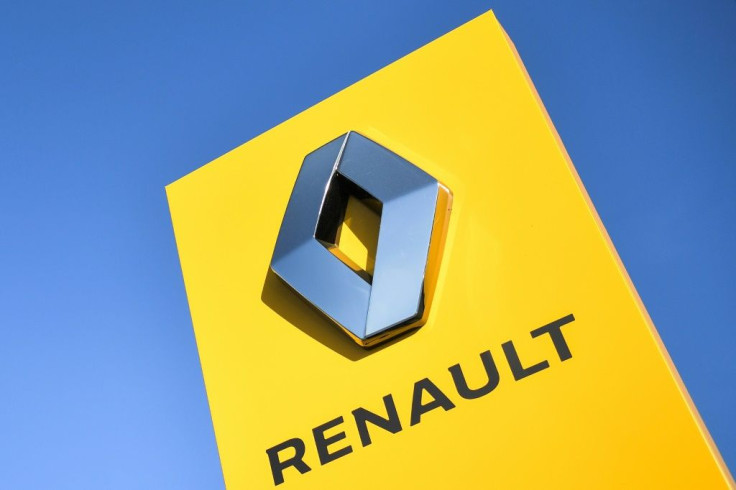Renault To Cut 15,000 Jobs As Part Of Global Restructuring, While Awaiting French Government Emergency Loan

KEY POINTS
- Renault has about 179,000 workers across the world
- Renault plans to slash its global production capacity to 3.3 million vehicles from 4 million by 2024
- Renault hopes to save $2.2 billion through these measures over the next three years
Two days after the French government unveiled an $8.8 billion stimulus package to save its ailing auto industry, carmaker Renault said it will cut 15,000 jobs as part of a major global restructuring.
Of those job losses, 4,600 will occur in France itself. That will likely lead to several plant closures, although Renault has not identified them yet.
Renault has about 179,000 workers across the world.
Renault, which is 15% owned by the French government, also said it will reduce the number of its subcontractors in engineering, cut the number of components it uses, and suspend expansion plans in Romania and Morocco.
The company also plans to slash its global production capacity to 3.3 million vehicles from 4 million by 2024, while focusing more on small vans or electric cars. (Under former chairman Carlos Ghosn, Renault had sought to reach 5 million unit sales annually by 2022)
Renault said it hopes to save €2 billion ($2.2 billion) through these measures over the next three years.
Renault’s partner Nissan of Japan announced similar cost-cutting measures on Thursday.
"This plan is essential," said Renault’s interim CEO Clotilde Delbos. "We have to change our mindset. We're not looking to be on top of the world, what we want is a sustainable and profitable company… We [previously] thought too big in terms of sales.”
Delbos also said Renault will review each of its geographical regions to decide exactly where job cuts will occur.
"This will help us come back to our ideal size," she said.
Renault, which is currently engaged in talks with the Paris government about a €5 billion ($5.6 billion) emergency loan, endured a 25% plunge in vehicle sales in the first quarter.
“The slowdown of the automotive market combined with ever stricter regulations over the past three years partly contributed to our performance decline, and the [covid-19] crisis has only aggravated an already existing situation and led us to take tough decisions,” said Delbos.
She added that the “adverse economic situation has shown the limits of our business model, which was betting on unprecedented market growth in emerging markets and therefore on record sales.”
President Emmanuel Macron has already demanded that Renault must keep workers and production in France in exchange for the state-backed loan. It is unclear how the planned job cuts in France will affect the proposed loan.
“What we want to achieve is an [excellence] center in France in terms of electric vehicle production, light commercial vehicle production, in order to make sure that we can remain [sustainable] in France,” Delbos told CNBC. “Then on top of that by increasing the performance, we can attract some more partners. So if we can achieve that after discussion with the different stakeholders, I think the shape of Renault after this period is going to be even more attractive to everybody, including investors and employees.”
French unions were irate at Renault’s planned job cuts.
“This plan is unbalanced, at the expense of French activities,” the Confederation Francaise Democratique Du Travail, or CFDT, union said on Friday. Unions fear four sites in France could be shut down.
Russell Hotten of BBC News wrote that Renault’s downsizing “reveals more of the shape of the Renault-Nissan-Mitsubishi alliance. While they will cooperate on cutting costs, each company will take the lead on certain new-car developments.”
Hotten added that there's now a geographical split. “Renault focusing on Europe and Russia, Nissan on China, Japan and the U.S., and Mitsubishi on South East Asia,” he wrote. “The days when the carmakers were tipped to merge into one global titan are long gone.”
Renault is expected to bring in ex-Volkswagen executive Luca de Meo as its new CEO in July.
© Copyright IBTimes 2025. All rights reserved.



















